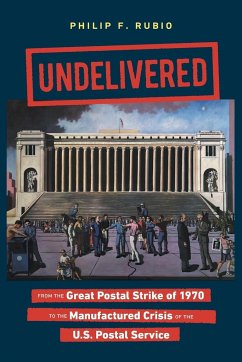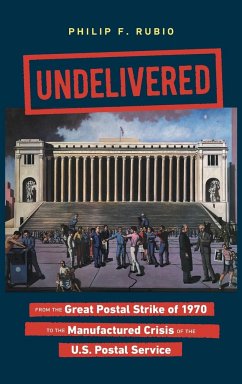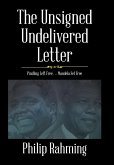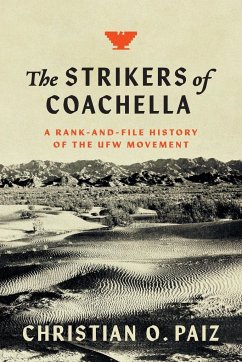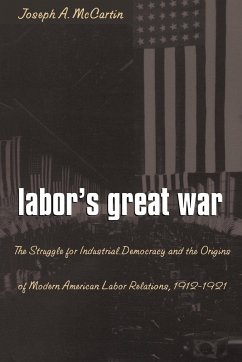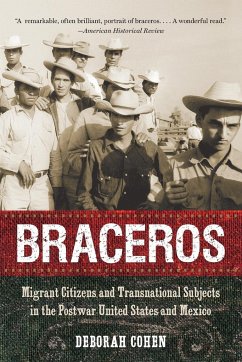For eight days in March 1970, over 200,000 postal workers staged an illegal "wildcat" strike - the largest in United States history - for better wages and working conditions. Picket lines started in New York and spread across the country like wildfire. Strikers defied court injunctions, threats of termination, and their own union leaders. In the negotiated aftermath, the U.S. Post Office became the U.S. Postal Service, and postal workers received full collective bargaining rights and wage increases, all the while continuing to fight for greater democracy within their unions. Using archives, periodicals, and oral histories, Philip Rubio shows how this strike, born of frustration and rising expectations and emerging as part of a larger 1960s-1970s global rank-and-file labor upsurge, transformed the post office and postal unions. It also led to fifty years of clashes between postal unions and management over wages, speedup, privatization, automation, and service. Rubio revives the 1970 strike story and connects it to today's postal financial crisis that threatens the future of a vital 245-year-old public communications institution and its labor unions.
Hinweis: Dieser Artikel kann nur an eine deutsche Lieferadresse ausgeliefert werden.
Hinweis: Dieser Artikel kann nur an eine deutsche Lieferadresse ausgeliefert werden.

